Freight & Customs
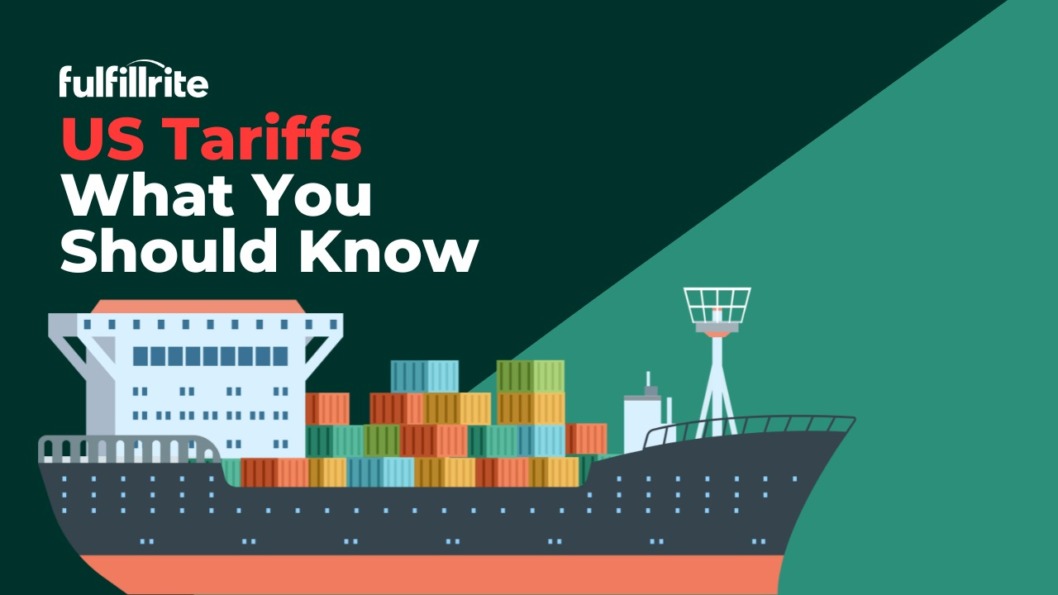
USA Tariffs: What Ecommerce & Kickstarter Brands Must Know
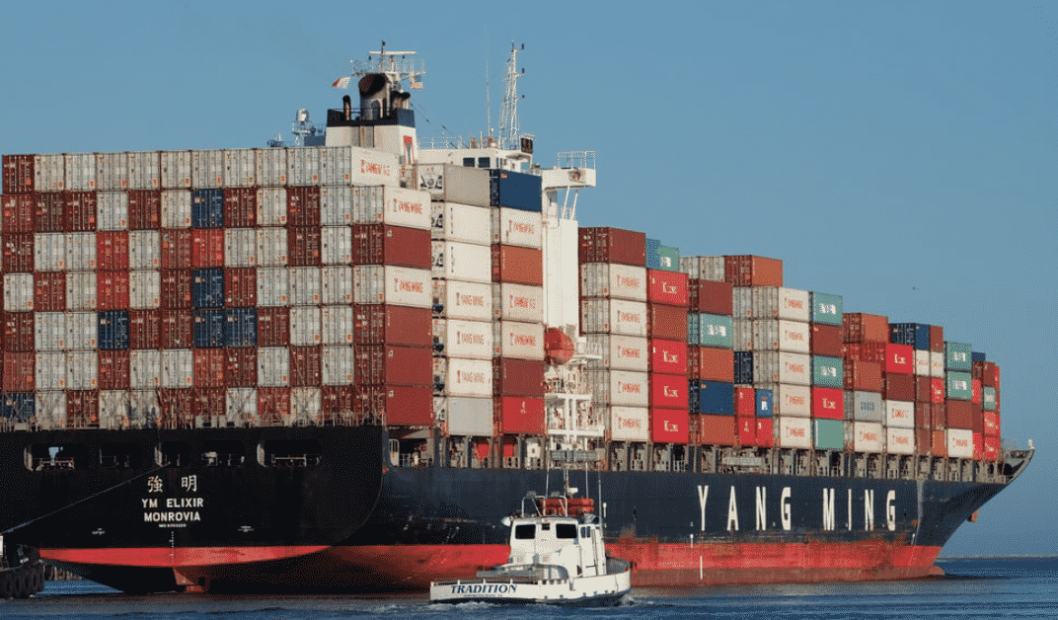
Why Is Sea Shipping Cheaper Than Air Shipping?
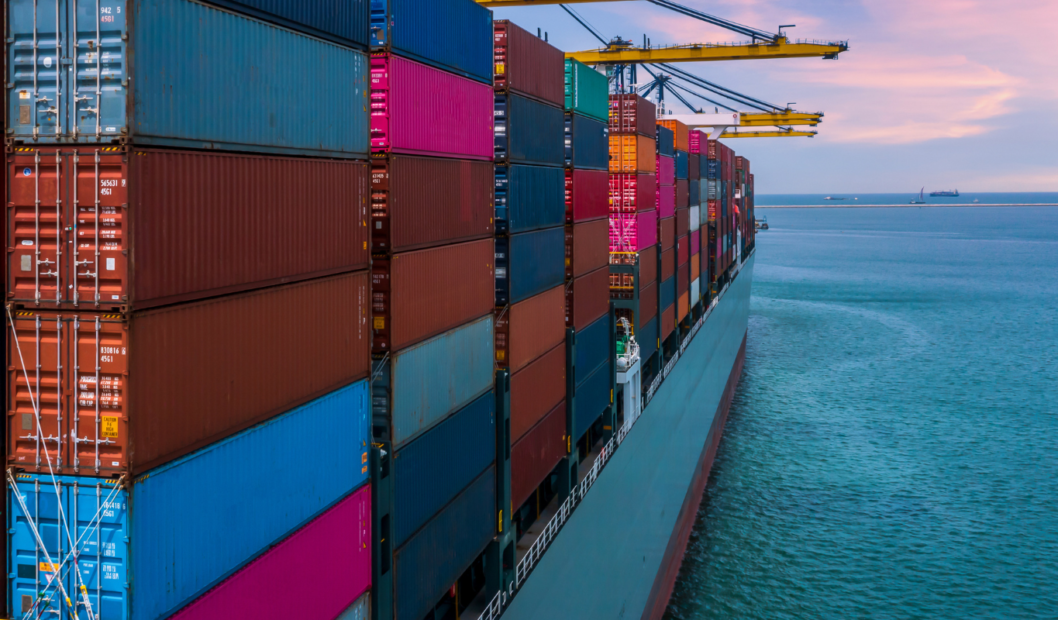
How To Book Freight: A Step-by-Step Guide
Manufacturing products – that’s just the beginning. You also need to fulfill orders, and that’s a whole other challenge. And in between, you probably need to book freight.
But how do you do that?
Many business owners find freight shipping particularly daunting because it’s so unfamiliar. But once you get past the headlines and complicated terms, booking freight is more straightforward than you would think.
Ultimately, booking freight for your eCommerce store or Kickstarter campaign comes down to four key decisions.
Here’s what you need to know.
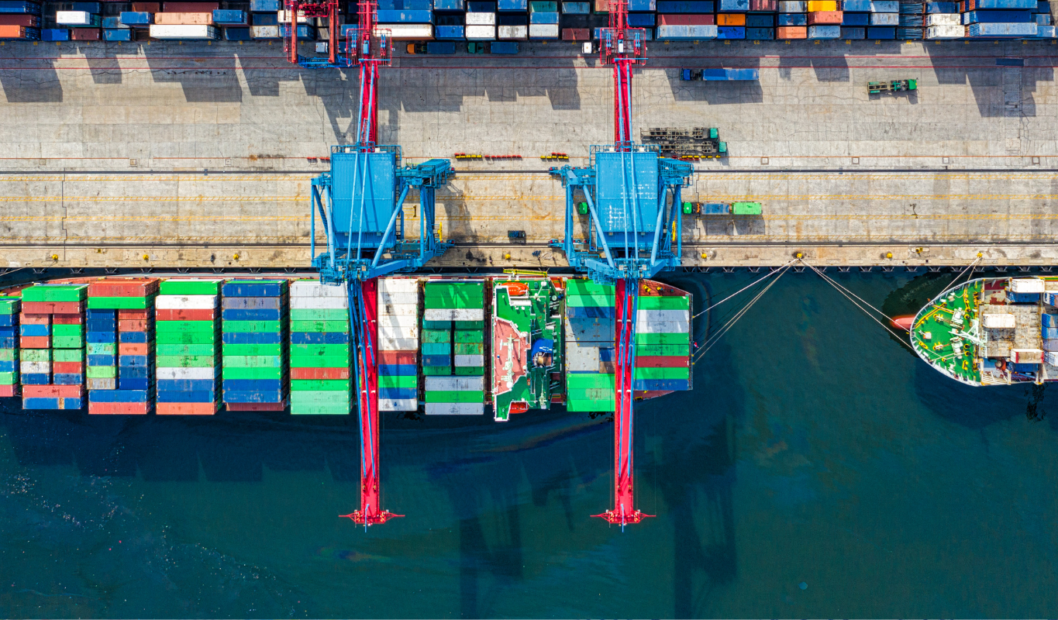
How To Import Goods Into The USA (Customs Clearance)
Understanding the customs clearance process is extremely important if you want to import goods into the USA. The last thing you want is to have your goods impounded at the border.
Clearing customs involves complex regulations and requirements that importers must follow. Compliance is essential to avoid delays, penalties, and additional costs.
Proper knowledge of the customs procedures will help you make sure that goods are imported smoothly and efficiently. That way, you can maintain your supply chain and keep customers happy.
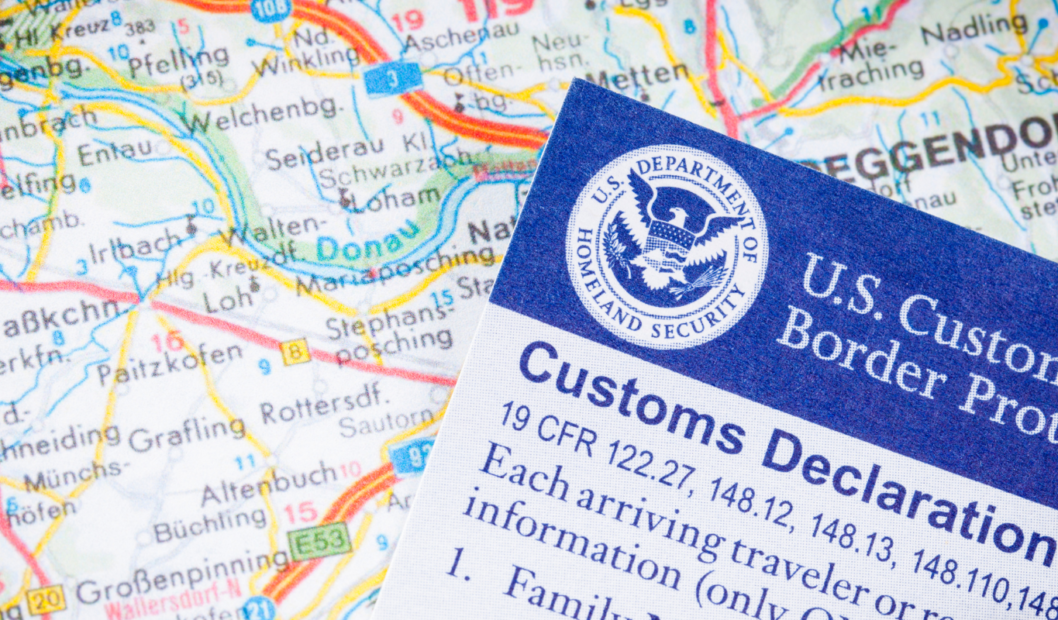
Everything You Should Know About HS Codes (Harmonized Tariff System)
Can you imagine trying to organize international trade without a standard code system? That’s why Harmonized System Codes – HS codes, for short – exist: to standardize the classification of goods for international trade.
HS Codes were first introduced in 1988 by the World Customs Organization (WCO). Despite the technical sounding name, HS Codes have helped detangle a really complicated logistical problem.
HS Codes help countries efficiently trade goods and calculate duties owed for imports and exports. In this guide, we’re going to talk about what you need to know about HS Codes in order to trade goods internationally.